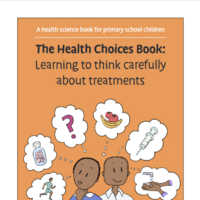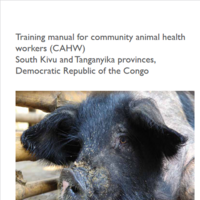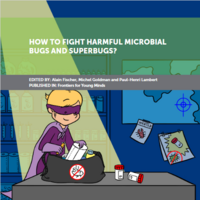Search
Books+
Searching 1,730 books
Search related to the career Pharmacologist
Responsibilities of a Pharmacologist:
1. Research and Development: Conducting studies and experiments to discover and develop new drugs, medications, or therapies.
2. Drug Testing: Evaluating the safety and efficacy of drugs through preclinical and clinical trials.
3. Pharmacokinetics: Studying how drugs are absorbed, distributed, metabolized, and excreted by the body.
4. Pharmacodynamics: Investigating the interactions between drugs and the body, including their mechanisms of action.
5. Drug Formulation: Developing appropriate dosage forms and delivery systems for drugs, such as tablets, capsules, or injections.
6. Drug Safety: Assessing the potential risks and side effects of drugs and ensuring their proper use.
7. Pharmacogenomics: Studying how genetic variations influence drug responses and tailoring treatments accordingly.
8. Drug Interactions: Analyzing the effects of drug combinations and identifying potential interactions with other substances.
9. Pharmacovigilance: Monitoring and reporting adverse drug reactions and ensuring drug safety post-marketing.
10. Education and Communication: Sharing research findings, providing drug information to healthcare professionals, and educating patients about medication use.
11. Regulatory Compliance: Adhering to legal and ethical guidelines in drug development, manufacturing, and distribution.
12. Collaboration: Working with multidisciplinary teams, including chemists, biologists, physicians, and regulatory authorities, to advance pharmaceutical knowledge and practice.
Source: Various AI tools
Searched in English.




















